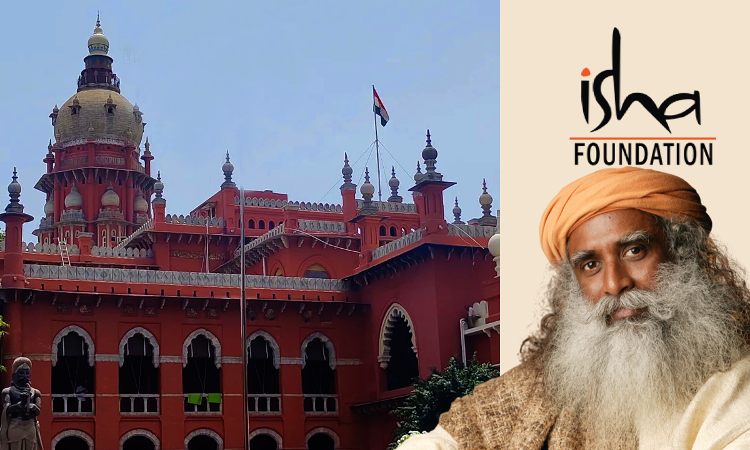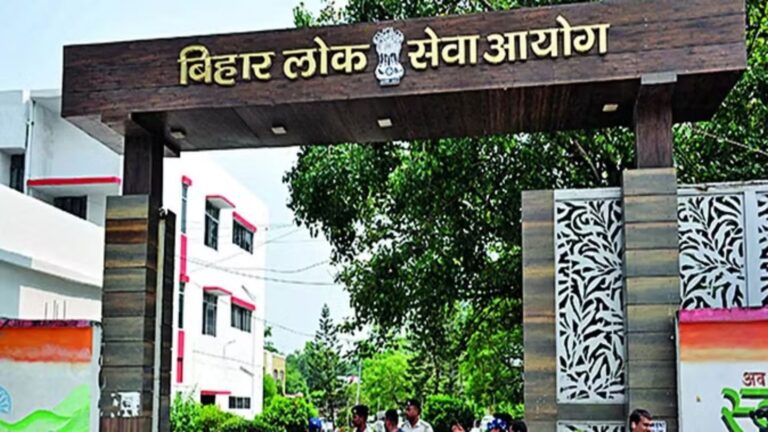
The legal proceedings were initiated following a habeas corpus petition filed by Dr. S. Kamaraj, a retired professor. He alleged that his two daughters, Geetha (42) and Latha (39), were being unlawfully detained at the Isha Yoga Centre. In response to this claim, the Madras High Court ordered the police to conduct an inquiry and report on any criminal cases associated with the Foundation. The situation escalated when approximately 150 police personnel, including an officer of additional superintendent rank, entered the ashram to carry out the investigation.
During the Supreme Court proceedings, senior advocate Mukul Rohatgi, representing the Isha Yoga Foundation, argued that the ashram has a clean record and highlighted the testimony of the two women in question. Both women appeared before the High Court, asserting that they were at the Isha Yoga Centre voluntarily and were not being held against their will. They described the ongoing harassment they had faced from their father over the past eight years, reinforcing their position that their presence at the ashram was a matter of personal choice.
Solicitor General Tushar Mehta, representing the central government, expressed that the Madras High Court should have exercised more caution before issuing its order, implying that the situation warranted a more judicious approach.
In a notable interaction, the Supreme Court allowed the two women to speak online during the proceedings, affirming their voluntary presence at the Foundation. The court underscored the inappropriateness of police or military intervention in such a private institution, indicating its recognition of the need for respect toward the Foundation’s autonomy.
The Supreme Court’s decision to take over the case reflects its commitment to ensuring that legal processes are conducted fairly and without undue external pressure. By restraining any further police actions and demanding a status report on the inquiry initiated by the High Court, the Supreme Court aims to clarify the legal standing of the Isha Yoga Foundation and the issues surrounding the alleged detainment of the two women.
As the case unfolds, the Supreme Court’s involvement underscores the delicate balance between individual rights, institutional autonomy, and the rule of law in sensitive matters. The ongoing scrutiny of the Isha Yoga Foundation will likely draw public and media attention, raising broader questions about the nature of spiritual organizations and the legal protections afforded to them in India.
This development serves as a pivotal moment in the intersection of law, personal freedom, and institutional authority, highlighting the complexities inherent in cases involving spiritual communities.






